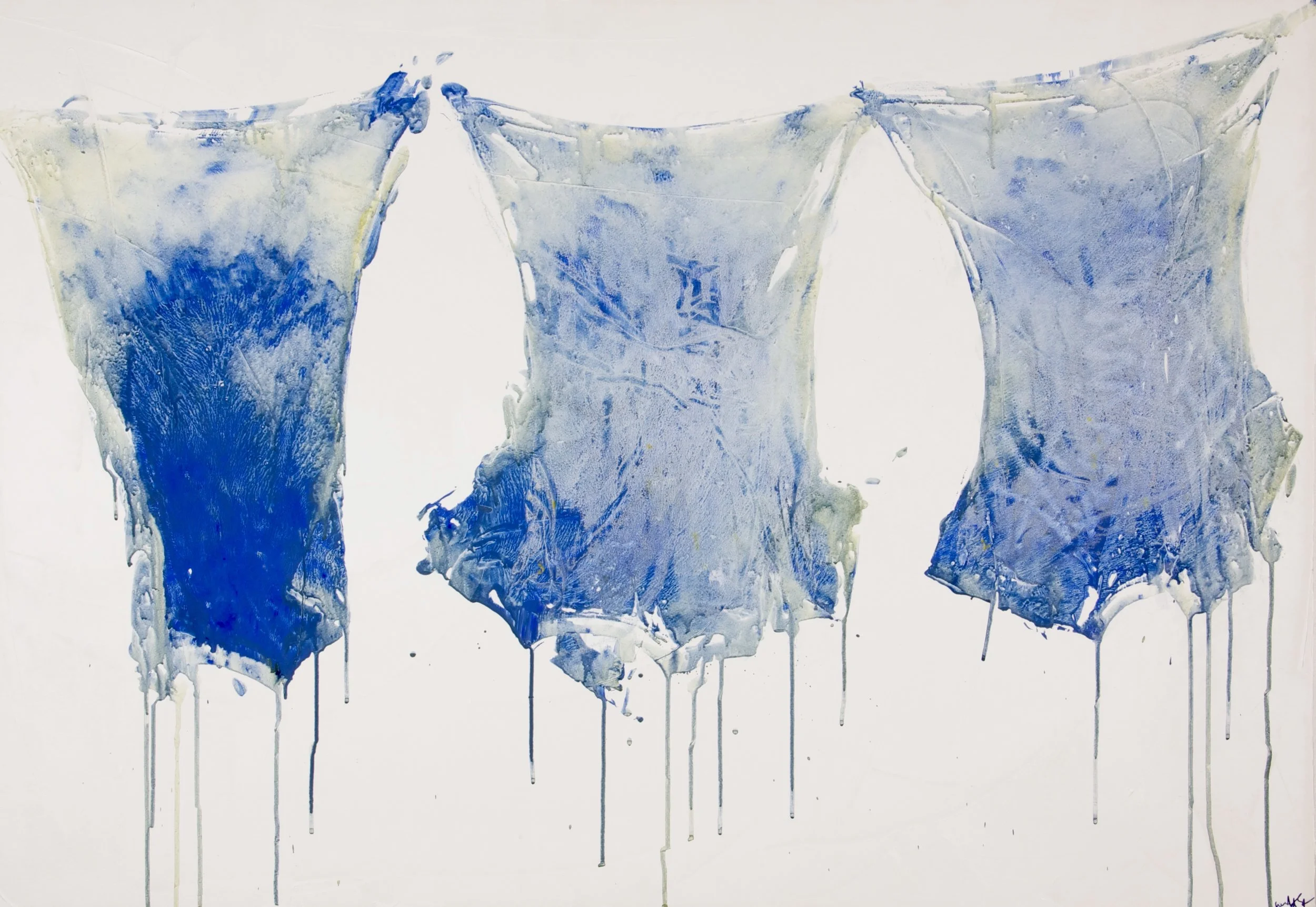About Laundry I. (Each Day I will explain myself...blog series)
laundry I, is part of the Laundry//Economy series, created in 2011.
"Why did you do so many pieces that look the same?" my dad asked me, we walked through the Great River Arts Gallery, in Little Falls, Minnesota. He expected one nice painting about laundry, and maybe the one next to it, something else, I suspected. Yet, I soon found out that he was noting that I didn't stop at one. I did 20. I was trying to say something.
His inquiries differed from a local nun, from the convent down the street. As Franciscans, they have a concern for the care of the world. She was about a foot shorter than me, as she watched me install my work. She took less than a minute before she gasped, "You are so BOLD!" I hadn't even told her what the 20 paintings, similar to Laundry I, meant.
Its meaning was the start in my exploration of the factory of the American dream, industrialization coming to an end, and communities unraveling because of the choices of a few. In the case of Laundry//Economy, I was responding to the closing of two local boat factories, and how the workers not indispensable.
My experience is not from within, but over neighborly campfires over beers on a nice summer night. I had two neighbors, each working for separate factories. Both feeling indispensable. I asked, "but can you BUILD a boat?" They never quite answered it, but knew that they could not. We would go in circles talking about the luxury of these boats and that the economy would not support them, but it was my own privilege that allowed me to say they were ignorant. Because it was that they were afraid... they were desperate for hope.
Those beers were before the bubble burst of 2008. These paintings were after. They were created as survival mindset replaced the hope option. These paintings were nostalgic and cunning, and the reflection of the idea of hanging laundry lead to conversations about another way of doing things.
Laundry lines went up in Little Falls during the WPA on the west side of town. It was a time before machines could do the work for you, and according to my mother, a machine could never do it as good as you. It was a time when they made the whole boat, not just part of the boat.
We were now in the great recession, and for one of my neighbors, it was sad. For the other, he just stayed busy, but he was scared at the age of 58. The sad neighbor drank cheap booze, moping around. The scared neighbor collected aluminum, cleaned out his garage, helped his wife start an ebay store, and kept his morning cafe visits with the old guys to "coffee only." I don't know what that means, but it is what happened.
Linking Laundry to economic hardships or realities seems like a long shot, but it was what I had to do. I didn't know, at the time, I would be looking at the factory deeper than that.

